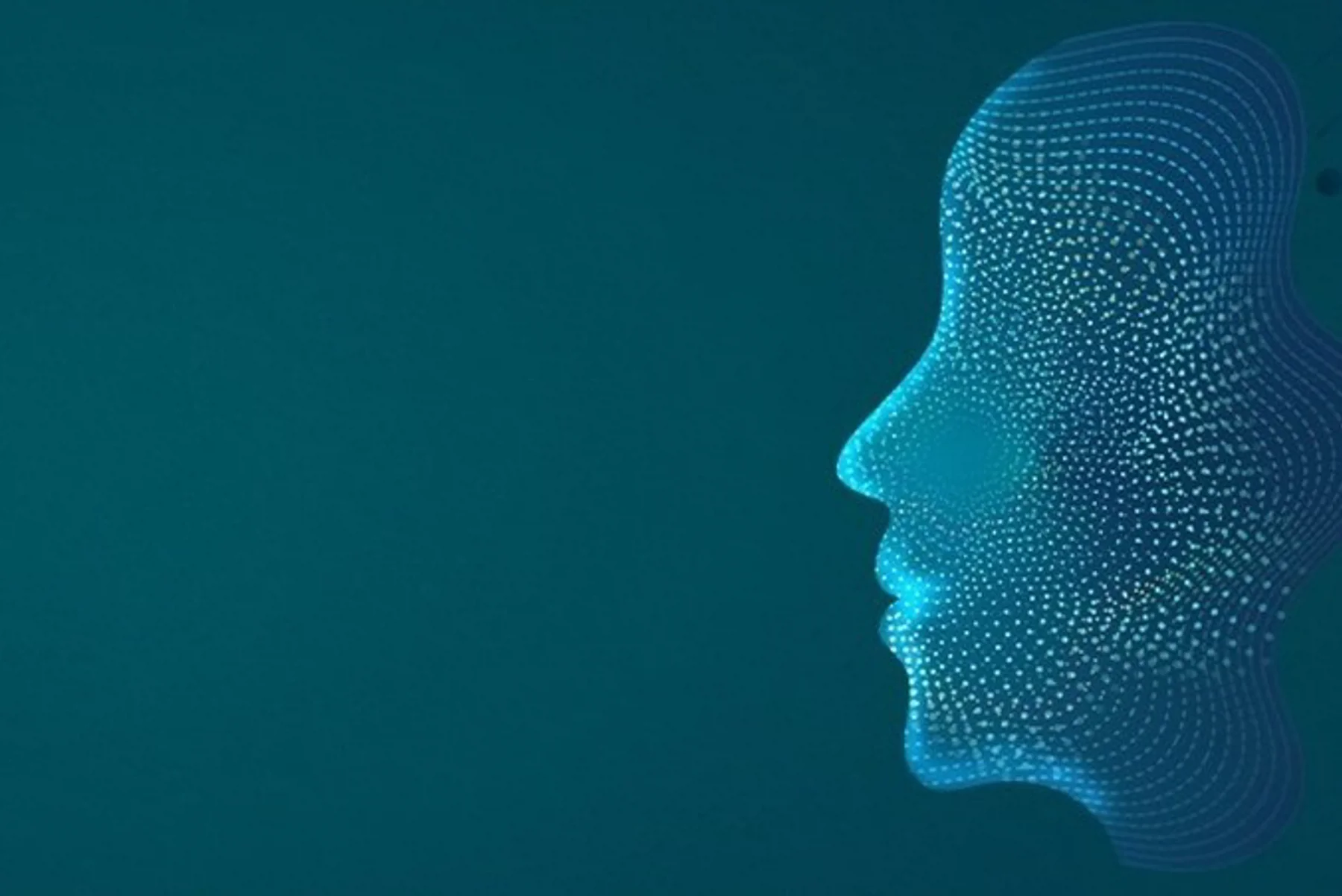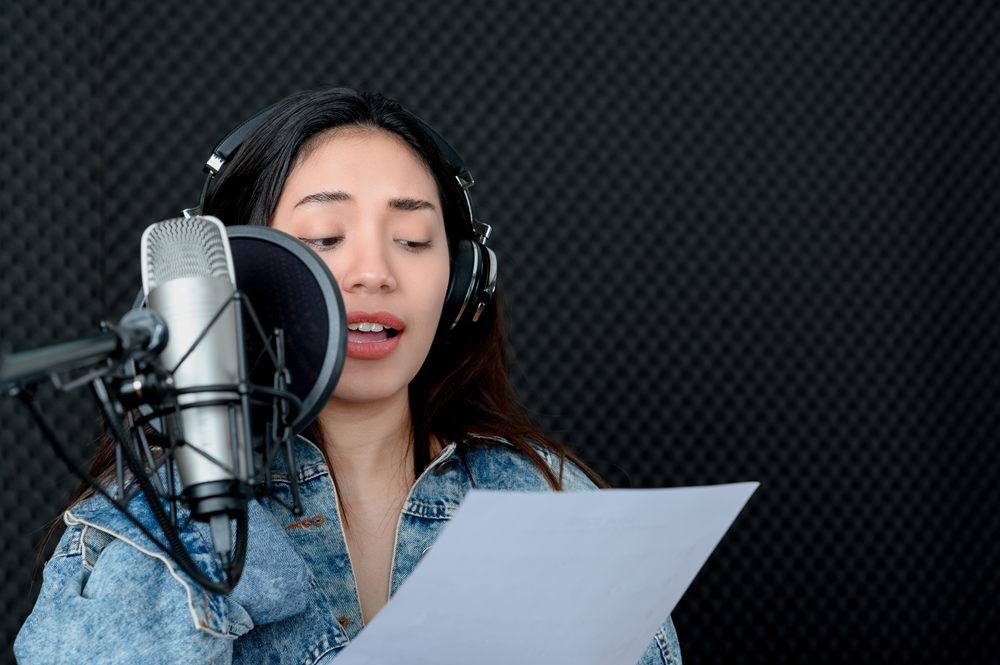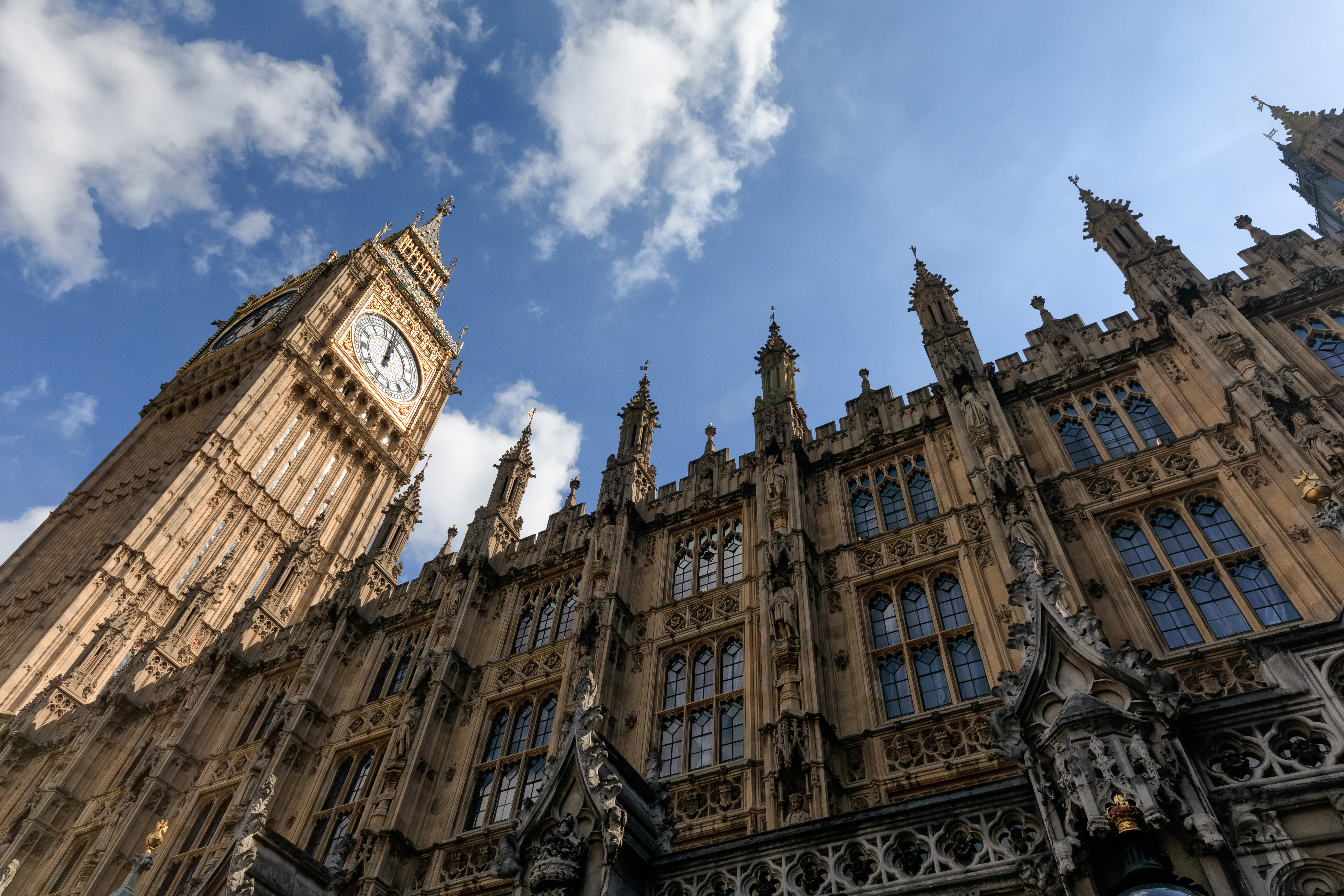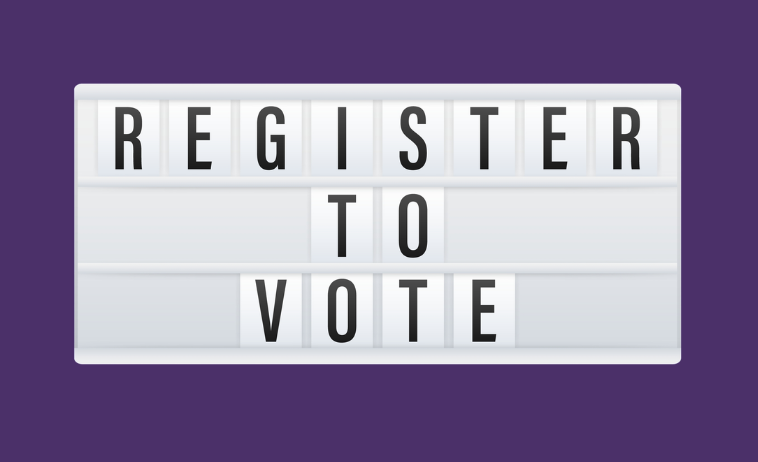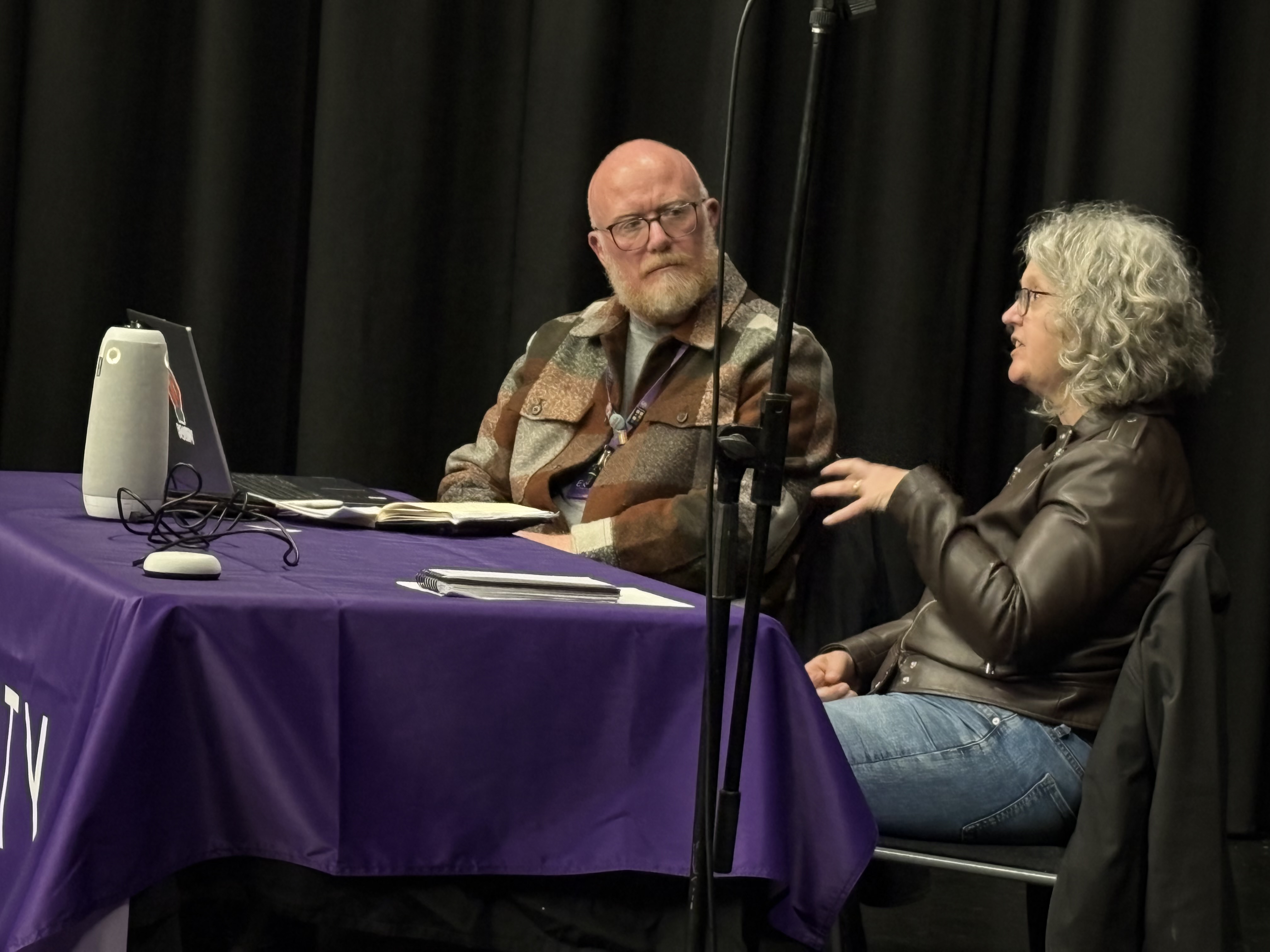Today we've launched a new campaign to strengthen performer's rights in response to the rapid development of artificial intelligence across the entertainment industry.
- Our recent survey revealed that a huge 79% of performers who have undertaken AI work don't feel they had a full understanding of their performers' rights (as set out in the Copyright, Designs and Patents Act 1988) before signing their contract
- The survey also revealed that 65% of performers think the development of AI technology poses a threat to employment opportunities in the performing arts sector. This figure rose to 93% for audio artists.
- Our new campaign titled Stop AI Stealing the Show is backed by high-profile figures, such as actress Talulah Riley; Lord Clement-Jones CBE, Co-Chair of the All-Party Parliamentary Group on Artificial Intelligence; and Canadian voiceover artist Bev Standing, who won a settlement after TikTok synthesised her voice without her consent and used it for its first ever text-to-speech voice.
We've reported that the use of AI across the audio and audio-visual sector has advanced significantly in recent years. From automated audiobooks to digital avatars, AI systems are now replacing skilled professional performers, often due to the perception of being cheaper and more convenient.
Many artists engaging with AI work are not being compensated fairly and sometimes not paid at all. Most performers do not fully understand their rights before signing employment contracts. It is increasingly common for performers to have their image, voice or likeness used without their permission. Performers are often asked to sign non-disclosure agreements without being provided with the full information about the job. We have also seen the emergence of deepfake technology and its often sinister implications.
There has been a lack of Government action to protect performers' rights. Failure to reform the UK's copyright framework and keep pace with technological developments could lead to dystopian consequences for Equity members and damage the UK's creative industries.
Bev Standing, Canadian voiceover artist, said:
"In 2018, I was hired to do a text-to-speech job for a translation app. But in 2020, these recordings were used for the first ever English text-to-speech voice on TikTok, who was not my client. The fear of coming up against a multibillion-dollar company was a little overwhelming but it came down to the fact that it was just wrong and I had to stand up for myself — my voice files were copyrighted and I owned them, so TikTok didn't have permission to use them.
"After talking to a lawyer, a complaint was filed. We came to a very amicable agreement with TikTok last year and they settled. As a voice actor, I feel it's a smart business decision to understand AI and get involved in it, and I now only work with companies where I have control over where my voice gets licensed. AI is here to stay — it's not going away."
Paul W Fleming, Equity General Secretary, said:
"The explosion of artificial intelligence across the entertainment industry is a significant and growing concern for audio artists and other performers. We are working hard to protect our members as bosses try to increase profits by replacing skilled professionals with AI systems; but without Government action to modernise UK law we could see dystopian consequences for performers and permanent damage to our world leading industry.
"Workers everywhere need action on AI — from checkout tills to feature films, from call centres to videogames — to ensure this new technology enhances their working lives, and not just the bosses' bottom line."
Talulah Riley, actress and Equity member, says: "Advances in AI technology are coming at us fast and it is important that those of us in the entertainment industry are aware of the possible changes to our livelihood. As a performer, it is vital that my voice and my image are my own, no matter how easily and cheaply those things can be digitally replicated. I believe that performers must be rewarded fairly for the content we create."
Lord Clement-Jones CBE, Co-Chair of the All-Party Parliamentary Group on Artificial Intelligence, said:
"Rapid advances in technology have made AI systems more accessible than ever before and has the power to positively impact the UK workforce if it is used ethically and responsibly. However, intellectual property rights urgently need reform. If the UK government really wants to make Britain a global AI and creative superpower, strengthening the rights of performers and other creatives must be at the very heart of its National AI Strategy."
Background information
- More information about the campaign can also be found on the Stop AI Stealing the Show campaign page.
- The survey, carried out on 430 members and conducted between 30 November 2021 and 04 January 2022, further found:
- 18% have undertaken work that involves AI technology. Of those who had undertaken AI work:
- 24% had undertaken work involving voice synthesis / replica technology
- 24% had undertaken work involving the creation of an AI avatar
- 40% had undertaken work involving performance capture
- 29% had undertaken work involving text to speech technology
- 36% have seen job listings for work opportunities (e.g. via a casting site or agent) that involve any form of AI technology. This rose to 61% for audio artists.
- 18% have undertaken work that involves AI technology. Of those who had undertaken AI work:
- 93% think the Government should introduce new legal protections for performers so that a performance cannot be reproduced by AI technology without their consent.
- 94% think the Government should introduce new laws to regulate "deepfake" technology and make it illegal for an individuals' image to be manipulated using A.I. without their consent
- Performers' rights include two sets of rights under the Copyright, Designs and Patents Act 1988: the right to consent to the making of a recording of a performance; and the right to control the subsequent use of such recordings, such as the right to make copies of recordings. AI-made performance synthetisation challenges our intellectual property framework because it reproduces performances without generating a 'recording' or a 'copy', therefore falling outside the scope of protection conferred to performances by the Act
- Equity is calling on the Government to:
- Reform the Copyright, Designs and Patents Act 1988 to protect performers against AI-made performance synthetisation.
- Reform the Copyright, Designs and Patents Act 1988 to introduce image rights and create a mechanism for registering, similar to the system in Guernsey.
- Implement the Beijing Treaty as a matter of urgency. The granting of moral rights in-line with the Beijing Treaty would allow performers, and Equity as their representative, to combat the misappropriation of their images, likenesses, and performances.
- Take forward provisions within the EU Copyright Directive that enable individual creatives and their representative organisations to achieve fair returns for the use of creative content in new media services.
- Ensure that strengthening rights for creatives and modernising copyright law is a key component of the National AI Strategy.
- Undertake research assessing the impact of AI on the entertainment industry and performers' rights.
In September 2021, the Government published its National AI Strategy, outlining a ten-year plan to make Britain a global AI superpower. In line with this strategy, the Government has delivered two separate consultations looking at our Intellectual Property system in relation to AI.
However, specific questions about reviewing or enhancing performers' rights were notably absent from both consultations.
Stop AI Stealing the Show